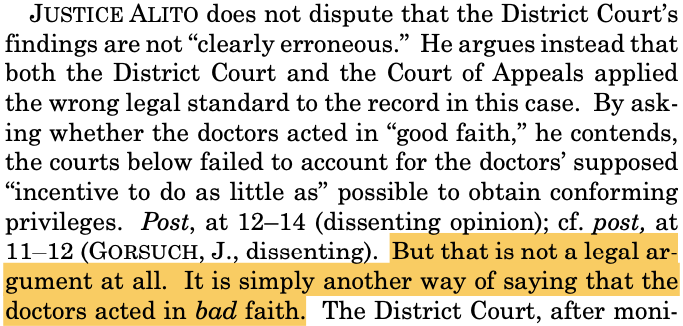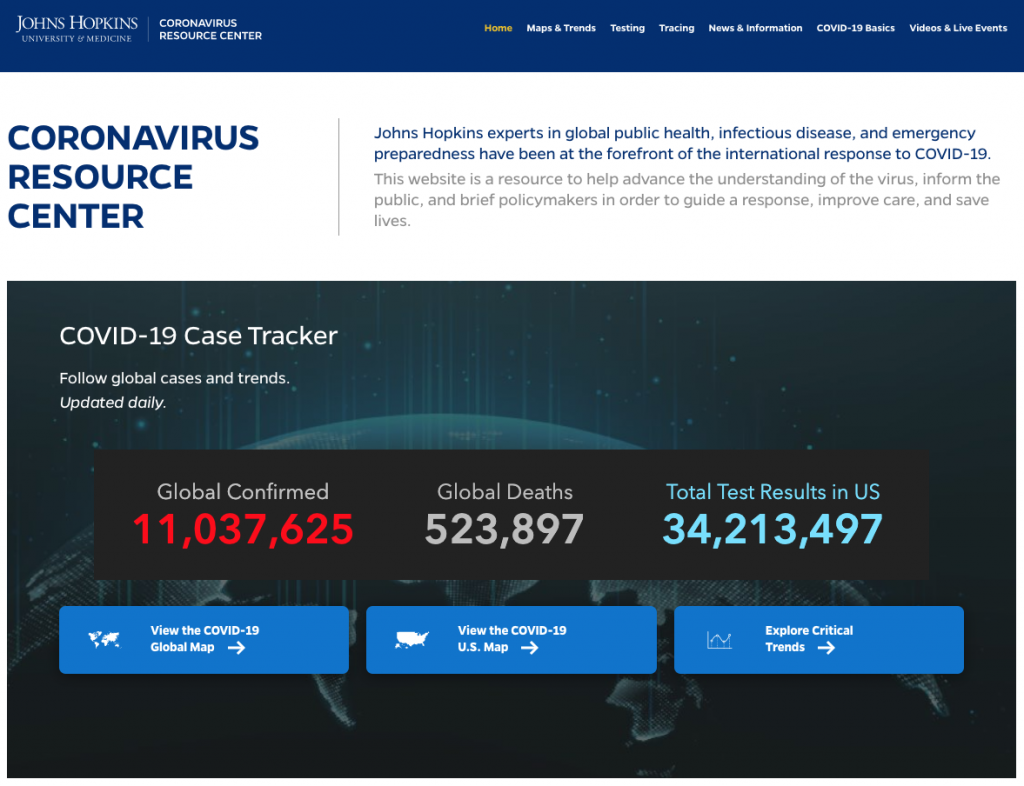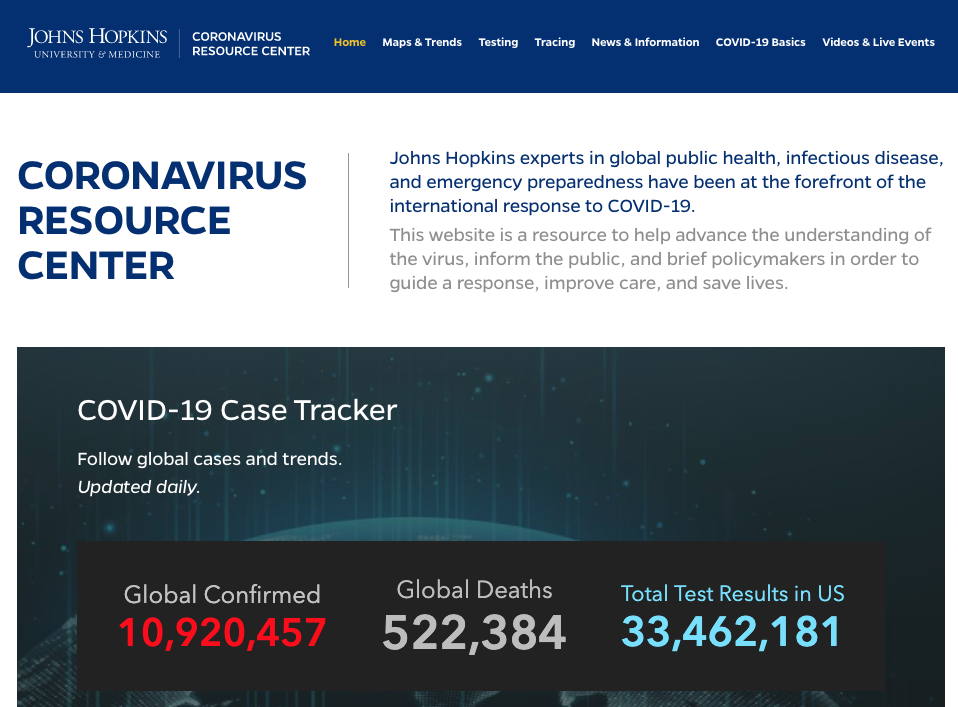Is it wrong for me to be happy this is only 74 pdf pages long? Department of Homeland Security v. Regents of the University of California came out on June 18th, and I’ve been so swamped with Supreme Court news – and general surprise – that I haven’t done my new-tradition of reading and annotating as I go.
This one is tricky for me, because the Administrative Procedures Act is its own WORLD. I try not to know too much about this. But it can’t be helped, really.
Okay, the main summary is this:

That’s the most important point: the Deferred Actions for Childhood Arrivals program can be shut down; it just has to be done so according to LAWS AND RULES AND ADMINISTRATIVE PROCEDURES.
The Court says the government canceled DACA in an “arbitrary and capricious” manner.
OPINION BY ROBERTS: the government characterizes the DACA program as a discretionary agency decision not to institute deportation proceedings, which can’t be reviewed under current law. The Court disagrees, saying it the program’s scope far exceeds that AND includes benefits which are normal for the Court to review. The same goes for the gov’t INA claims, which are also about removals: DACA isn’t just about removals, so no dice. (pages of the court website PDF p 6- 18)
The government’s original explanation for why it wanted to rescind the policy is the natural one under administrative law, and [the Court gives a rousing defensive of administrative procedure so the public has a right to know and can comment.] The follow-on retro-justifications are irrelevant. (p18 – 22)
The AG said one part of the law was potentially illegal, and tried to throw it all out, forgetting the State Farm case (my summary: don’t throw the baby out with the bathwater), which said that an agency can’t use one problem justify dumping many discrete activities in a program, especially if there is legitimate reliance upon them. (through p. 34)
CONCURRENCE/CONCURRENCE/DISSENT by SOTOMAYOR: The Court ruled out Equal Protection Clause challenges, but the respondents should develop those. There IS plausible animus! Especially from Trump, and specifically in this context! (p. 35 – 38)
CONCURRENCE/DISSENT by THOMAS with ALITO AND GORSUCH: This whole policy exists because one president issued a memo; it was rescinded the same way; fair’s fair. Also, if the AG says it is illegal, we shouldn’t even be talking about it. Illegal memos should not burden subsequent administrations. (p. 39 – 64)
CONCURRENCE/DISSENT by ALITO: DACA is illegal; if its creation was legal, its cancellation through a similar process was lawful discretion and so is unreviewable anway. And it’s NOT arbitrary and capricious. (p. 65 – 66)
CONCURRENCE/DISSENT by KAVANAUGH: The agency’s second try at justifying rescinding DACA is fine. The fact that it came later was only supposed to disqualify it if it was in litigation (which this doesn’t count as?) by lawyers (ah), rather than by agency decision makers. The program inappropriately addresses problems that should have been solved by the legislature; but at least the rejection of the Equal Protection Act claim is OK. (p67 – 74)
So the DREAMers aren’t safe, but have some more time while this goes back through more courts. But that’s all it really is – a bit more time. Because of that main first point – live by the memo, die by the memo (plus administrative procedures – this case provides an unsettled feeling.
I’ve had friends tell me it took a ton of money and more than a decade for them to be allowed to be citizens, even with one American parent; we could do better by people who want to be here.





